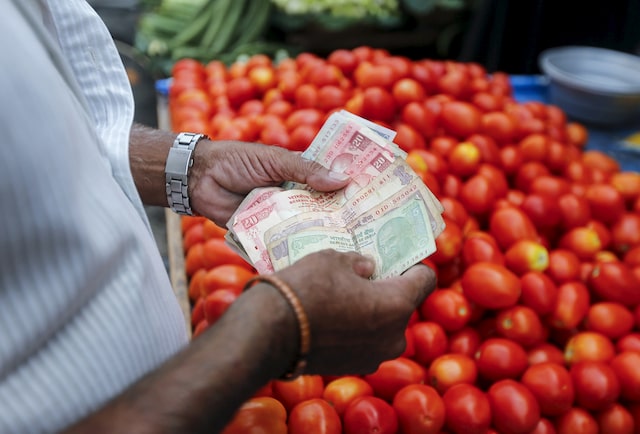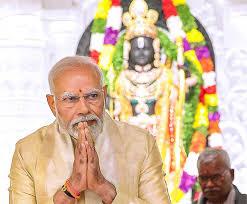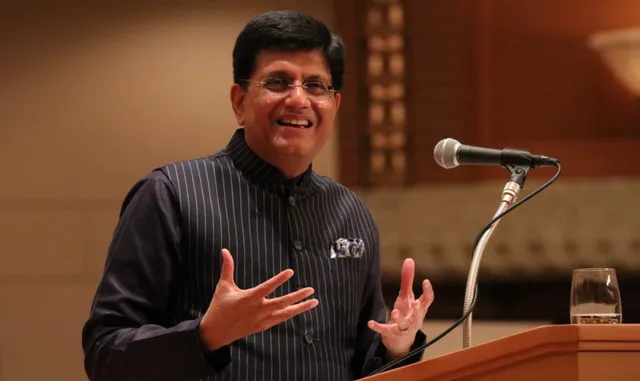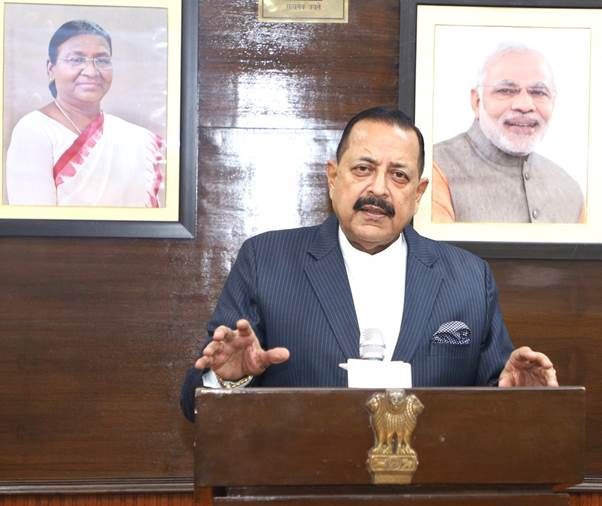A customer counts money before paying a vegetable vendor at a market in Mumbai, India, June 4, 2015. REUTERS
MUMBAI, Nov 7 (Reuters) – The Indian rupee declined to a lifetime low on Thursday in the wake of expectations that Donald Trump’s victory is likely to boost the dollar in the coming months.
The rupee dipped to 84.2950, inching past the previous all-time low of 84.28 hit on Wednesday.
Trump’s policies of tax cuts and deregulation are likely to lift U.S. growth, prompting investors to prefer the dollar to the other currencies, analysts said, adding that the threat of tariffs is likely to undermine euro and Asian currencies.
Asian currencies took a breather on Thursday after slumping by as much as 1.8% in the previous session. The dollar index slipped 0.1% to 104.9.
Traders expect the Reserve Bank of India to continue intervening to prevent sharp moves in the rupee, which is evident in the currency’s muted implied volatility compared to its regional peers.
The RBI is “slowly letting it (USD/INR) move higher but the upside should be limited near 84.40 in the near term,” a trader at a state-run bank said.
Meanwhile, persistent outflows from Indian stocks are another pressure point for the currency. Foreign investors have sold more than $1.5 billion of equities in November so far, adding to $11 billion of outflows in the previous month.
Benchmark Indian equity indices, the BSE Sensex (.BSESN), and Nifty 50 (.NSEI), were down about 0.5% each on the day.
The RBI intervention and India’s inflation differential with the rest of the world will determine the potential for further rupee depreciation, Citibank analysts said in a note.
Investors now await the U.S. Federal Reserve’s policy decision due post-midnight IST.
The Fed is widely expected to cut rates by 25 basis points while investors will pay attention to Chair Powell’s commentary for cues on the future path of benchmark interest rates.
Reporting by Nimesh Vora and Jaspreet Kalra; Editing by Janane Venkatraman





